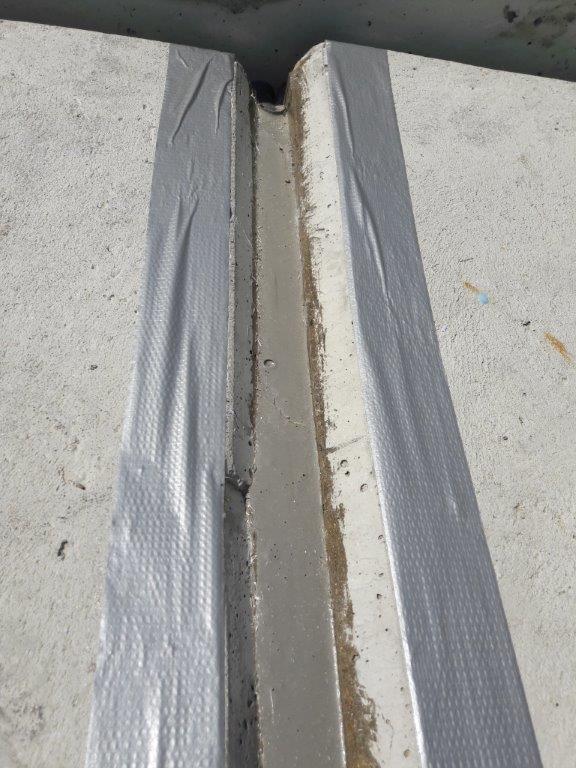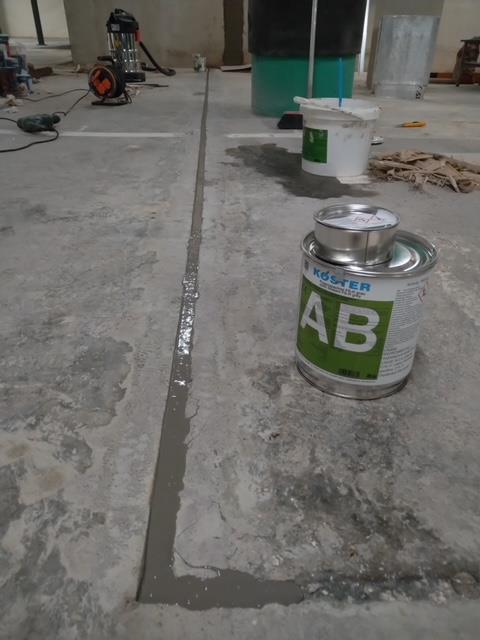


Concrete joint sealing is the process of filling and sealing joints in concrete structures to prevent water, chemicals, and other materials from penetrating the joints and causing damage.
Joint sealing is important because it helps protect your concrete structures from damage, improves their durability and longevity, and helps prevent slips, trips, and falls.
We offer a variety of joint sealing solutions, including silicone, polyurethane and polysulfide. Our team of experts can help you determine the best solution for your specific needs and requirements.
The lifespan of joint sealing depends on a variety of factors, including the type of sealant used, the conditions of the environment, and the amount of traffic or use the concrete structure experiences. However, properly installed joint sealing can last for upwards of 15 years.
The cost of joint sealing depends on the size and complexity of the project, the type of sealant used, and other factors. We offer a free quotation in our website calculator.
The time it takes to complete joint sealing depends on the size and complexity of the project, whether it is a new or renovation project and if repairs are required prior to the installation. However, our team of experts works efficiently to complete the job in a timely manner and minimize disruption to your business or daily life.
Yes, joint sealing is an environmentally friendly solution for protecting your concrete structures. Our sealants are designed to be long-lasting, reducing the need for frequent replacements and minimizing waste. Additionally, some sealants are made from eco-friendly materials and are VOC-free.
